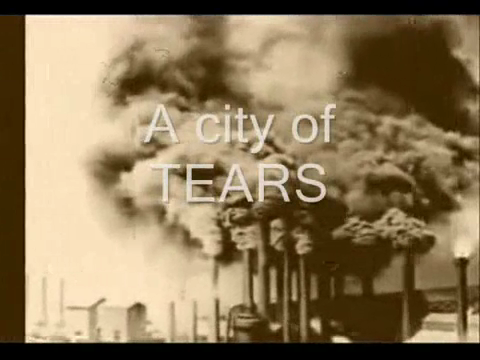Published on 29/05/2012
According to Saurabh Katkurwar in Mumbai, Waste from the Bhopal gas tragedy which was recently proposed to be disposed off at the Mumbai Waste Management Limited in Taloja MIDC in Navi Mumbai by the Central Pollution Control Board, can cause genetic disorders, and even a minor error could have disastrous consequence. Maharashtra pollution control board officials oppose the move to bring it to the city.
Satinath Sarangi of the Bhopal Group for Information and Action (BGIA) said that the toxic waste in Bhopal contained toxic materials like dioxine, furans, halogenated nitrates, organic chlorinated chains and they are not sure of additional toxic compounds that have been developed in the past few years. Any exposure to these materials can lead to cancer and genetic disorders. Therefore, the transfer of the waste without any proper disposal facility and without good arrangements could cause another disaster.
The local leaders of Navi Mumbai have asked the Chief Minister of Maharashtra to stop the entrance of the waste in Navi Mumbai. Earlier the Central Pollution Control Board (CPCB) had tried to transfer the toxic waste to the Defence Research and Development Organization’s waste disposal facility in Nagpur but was backed off after facing stiff opposition from the locals. CPCB then decided to shift the waste to Taloja MIDC in Navi Mumbai. CPCB officials allegedly didn’t consult the Maharashtra Pollution Control Board before taking the decision.
Sarangi suggest CPCB to use international resources to deal with the waste. He also says that instead of transferring the waste in any parts of India with Indian facility, CPCB should try to dispose this waste off in advanced waste disposal facilities in countries like Canada, Denmark and Germany. CPCB should ask DOW Chemical Company to bear the expenses as its subsidiary was responsible for the disaster in Bhopal.

Dear Sir,
This is to inform you that, recently I was engaged in the UNDP- GOI- MoEF sponserd Project “Biodiversity conservation through community based natural resource management” in the State of Jharkhand. In respect of this, I have done some extensive study and and want to share this study and experience with your website.
If you provide the details of the process of sharing of this study and experiences, it will be highly obliged to me.
I look forward from your side and hope positively reply from your side.
With regards.
Santosh Kumar Singh
Ex- Senior Project Assistant
UNDP Project “Biodiversity conservation through community based natural resource management”
Institute of Forest Productivity
(ICFRE)
Aranyodaya
Lalgutuwa
Ranchi-835303
Jharkhand